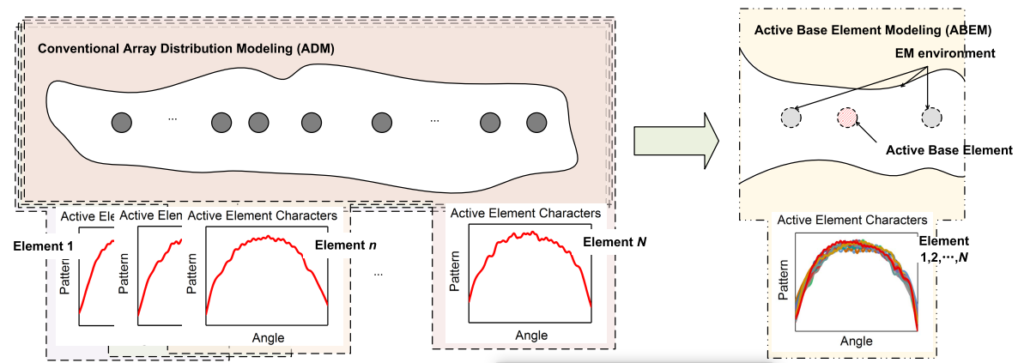Merlion RFID Forum 2023 Series: Machine Learning-Assisted Array Synthesis Using Active Base Element Modeling

Prof. Haiming Wang
Southeast University, China
Paper Title: Q. Wu, W. Chen, C. Yu, H. Wang and W. Hong, ``Machine Learning-Assisted Array Synthesis Using Active Base Element Modeling,`` IEEE Trans. Antennas Propag., vol. 70, no. 7, pp. 5054-5065, Jul. 2022.
Abstract: Array synthesis under practical constraints is a vital design task. Traditional array synthesis methods usually deal with isolated antenna elements without considering mutual coupling (MC) or mounting-platform effects, which results in unacceptable degradation in practical array designs. An efficient machine learning-assisted array synthesis (MLAAS) method is introduced using efficient active base element modeling (ABEM). This method greatly extends the boundaries of practical antenna array synthesis from the perspectives of both accuracy and design freedom. Using much fewer samples than those in conventional MLAAS methods, all possible element designs are accurately modeled into one active base element (ABE). Compared with conventional active element pattern (AEP)-based methods, the ABEM aims to predict AEPs for elements with arbitrary allocations and electromagnetic (EM) surroundings, therefore offering more degrees of freedom for practical array designs. Four array design examples are used to verify the effectiveness of the proposed method.
Time: 16:00-17:00 (Singapore Time) 9 January 2023 (Monday)
Venue: Hybrid. Physical room: E4-04-05, E-Cube 1, National University of Singapore. Zoom registration link: Click here to register.

